Research
Breaking Down the Barriers: Overcoming Web3 Games Onboarding Challenge
ChainPlay
•
2 years ago
Share :

The rise of Non-Fungible Tokens (NFTs) has led to a new generation of Web3 games that allow players to own and control their digital assets in a decentralized manner. However, this new era of gaming comes with its own set of challenges, particularly when it comes to onboarding players. In this article, we will explore the onboarding challenge facing web3 gaming companies and how the future of NFT gaming could help overcome these challenges.
Unique Requirements for Web3 Games: The Need for a Crypto Wallet
One of the biggest challenges facing web3 gaming companies is the need for players to have a crypto wallet in order to play. The complexity of a crypto wallet often leads to confusion and skepticism, and the vast majority of wallet solutions available today aren’t designed specifically for gamers. This can detract from an immersive gaming experience and leave players feeling frustrated.
Additionally, the use of a crypto wallet can be a foreign concept to many mainstream gamers who may not understand the inner workings of cryptocurrency and blockchain technology. This presents a significant hurdle for web3 gaming companies looking to reach a wider audience.
Even for web3-native players, there can be friction in the onboarding process as they may have to maintain multiple wallets, some of which may be created without their knowledge. This can lead to confusion and frustration, making it harder for web3 gaming companies to retain players.
Funding a Crypto Wallet: Centralized Exchanges and On-Ramps
The requirement for users to have funds loaded into their cryptocurrency wallet in order to play presents another difficulty for web3 gaming organizations. Funding a wallet frequently entails using centralized exchanges or on-ramps, which can be time-consuming and expensive. Additionally, these centralized exchanges or on-ramps are frequently not created to support in-game transactions, which can cause additional friction for players.
Existing Web3 Wallet Solutions Aren’t Designed for Gamers
The current web3 wallet solutions available in the market are mainly aimed at decentralized finance (DeFi) or general use, and are not specifically designed for the gaming industry. As a result, they may not provide the best user experience for gamers.
Some of the missing features that are important for gamers include social interaction, recognition of achievements, and the ability to discover and display game-specific non-fungible tokens (NFTs). Additionally, these wallets often require explicit consent for every transaction, which can disrupt the flow of gameplay and detract from the overall immersive experience.
Because of these limitations, Web3 games are often forced to move blockchain-related features to the periphery of the game, rather than integrating them into the core gameplay. This can result in a less engaging and less intuitive experience for the user.
To address these challenges, it may be necessary for web3 wallet solutions to be specifically designed and optimized for the gaming industry, taking into account the unique needs and requirements of gamers. This could include a focus on social interaction, achievements, and NFT discovery, as well as an effort to minimize disruptions to the flow of gameplay.
Game Developers and the Gaming Industry’s Role
The role of game developers and the gaming industry as a whole in driving the adoption of NFT games can’t be understated. As pioneers in this new frontier, they have a unique opportunity to shape the future of web3 gaming and establish new business models and revenue streams. However, this will require collaboration and investment from the industry as a whole.
In order to build trust among players and ensure the security and stability of NFT games, industry standards and guidelines must be established. This will not only make NFT games more accessible and user-friendly, but it will also provide a level of certainty for players that their assets are secure.
Web3 gaming companies have recognized the onboarding challenge faced by players and have been working on solutions to make the process easier. One example is Immutable’s Passport. The goal of Passport is to simplify the process of managing web3 funds and assets for players and game studios alike.
Passport eliminates the need for complicated onboarding flows, 12-word passphrases, and managing multiple passwords. It provides a secure, non-custodial wallet that players can use to manage their web3 assets. Players can log in to web3 games with just their email and OTP, making the process fast and frictionless.
In addition, Passport gives players access to a passionate gamer community and marketplace network, allowing game studios to scale their player base and revenue more easily. With a variety of payment options available through Passport, players can make frictionless purchases within games, maximizing revenue for studios.
Immutable’s Passport serves as a great example of how web3 gaming companies are working to overcome the onboarding challenge and make the process of playing web3 games as seamless and accessible as possible. By simplifying the process of managing web3 assets, web3 gaming companies can attract a wider audience and bring the potential of NFT games to the forefront.
The Future of NFT Gaming
The future of NFT gaming is bright, and advancements in this space could help overcome the onboarding challenge and make NFT games more accessible and enjoyable for players. New wallet solutions specifically designed for gamers could help make the onboarding process simpler and more user-friendly. Additionally, partnerships with centralized exchanges could help make the process of loading funds onto wallets easier and faster, reducing friction for players.
The onboarding challenge facing web3 gaming companies is a significant obstacle to overcome in order for NFT games to reach their full potential. However, by focusing on creating compelling gameplay and addressing the pain points in the current wallet solutions, web3 gaming companies have the potential to revolutionize the gaming industry and bring NFT games to the mainstream. The role of game developers and the gaming industry as a whole will be crucial in driving the adoption of NFT games, and the need for industry standards and guidelines to ensure the security and stability of NFT games will be important for building trust among players.
Share this article
#Immutable-X
Latest News
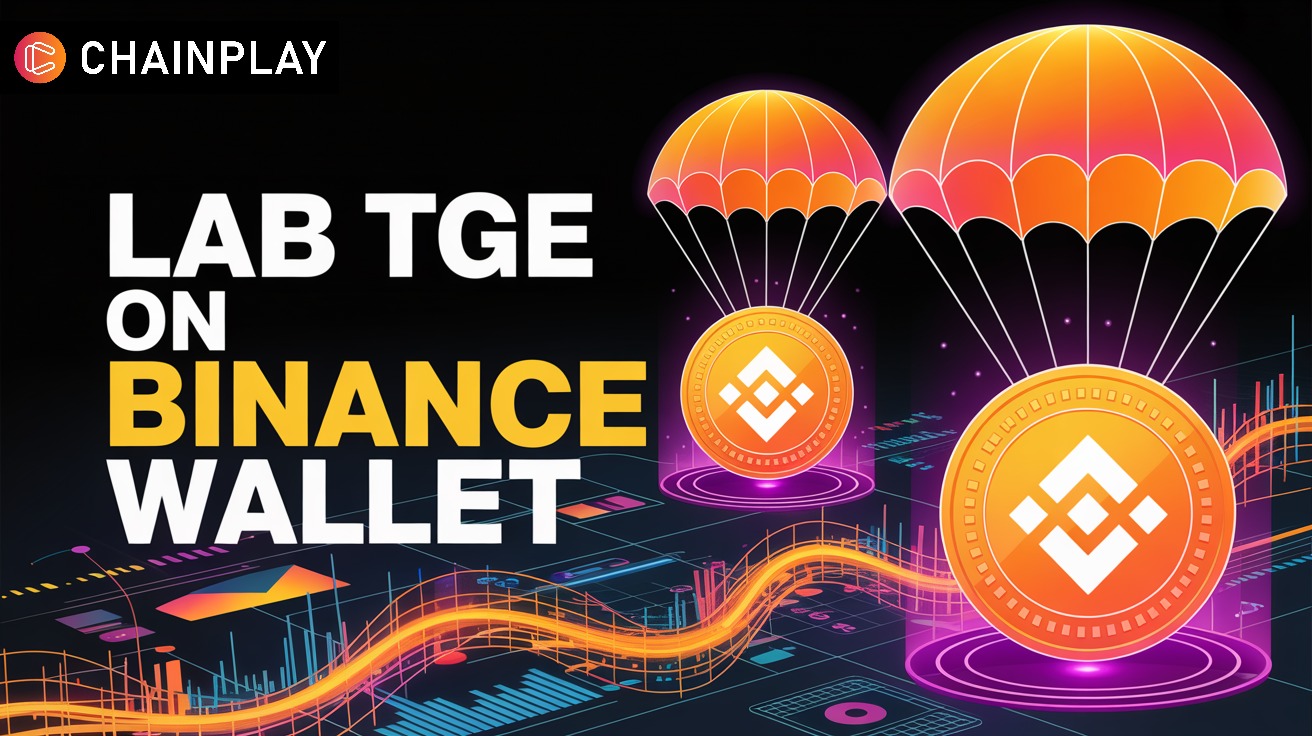
Binance Announces 40th TGE, Lab (LAB), With Two Exclusive
11 hours ago
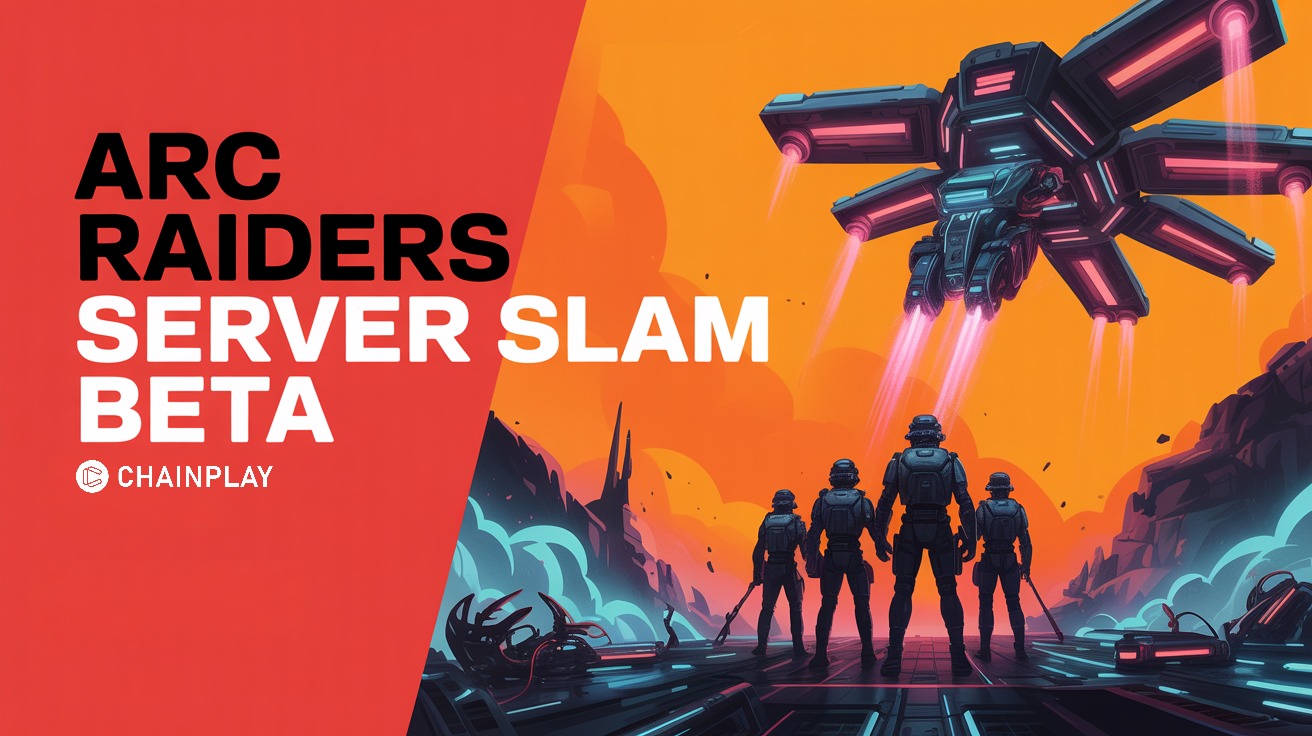
Arc Raiders Beta: Test the Extraction Shooter Early
11 hours ago
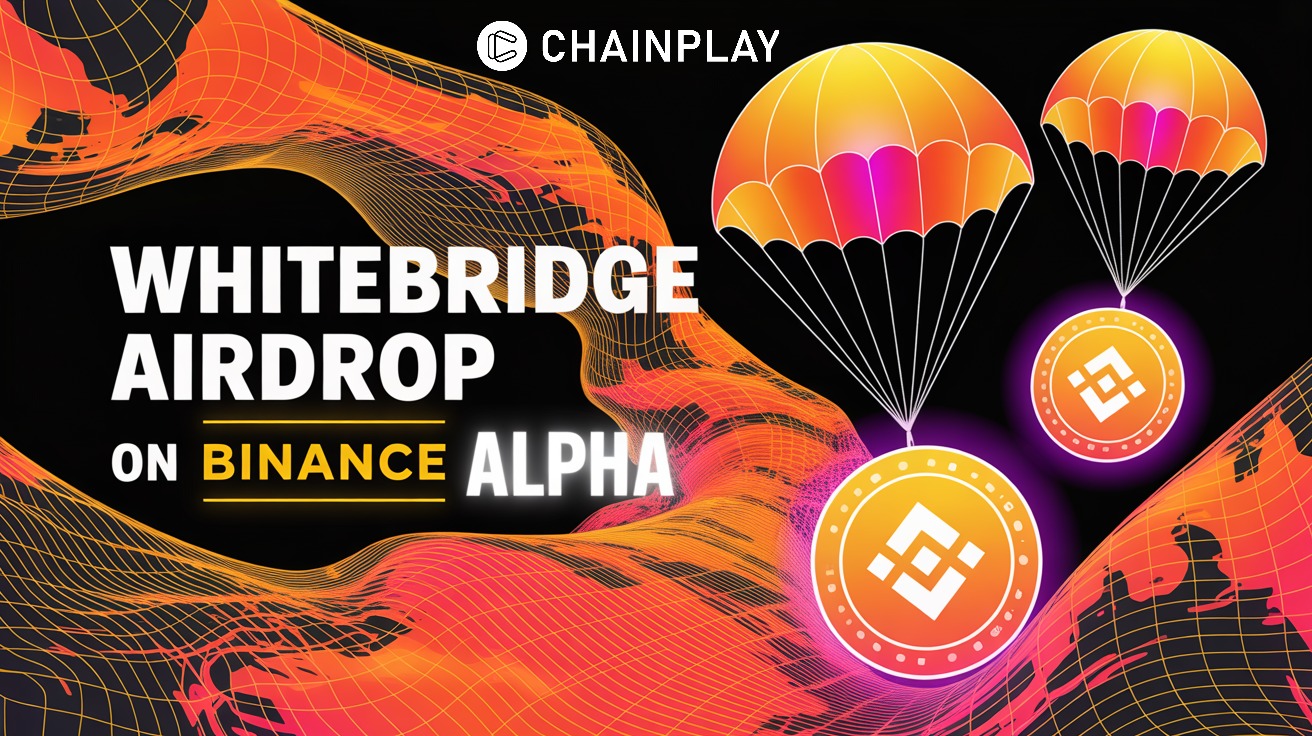
WhiteBridge Network (WBAI) To Launch on Binance Alpha
13 hours ago
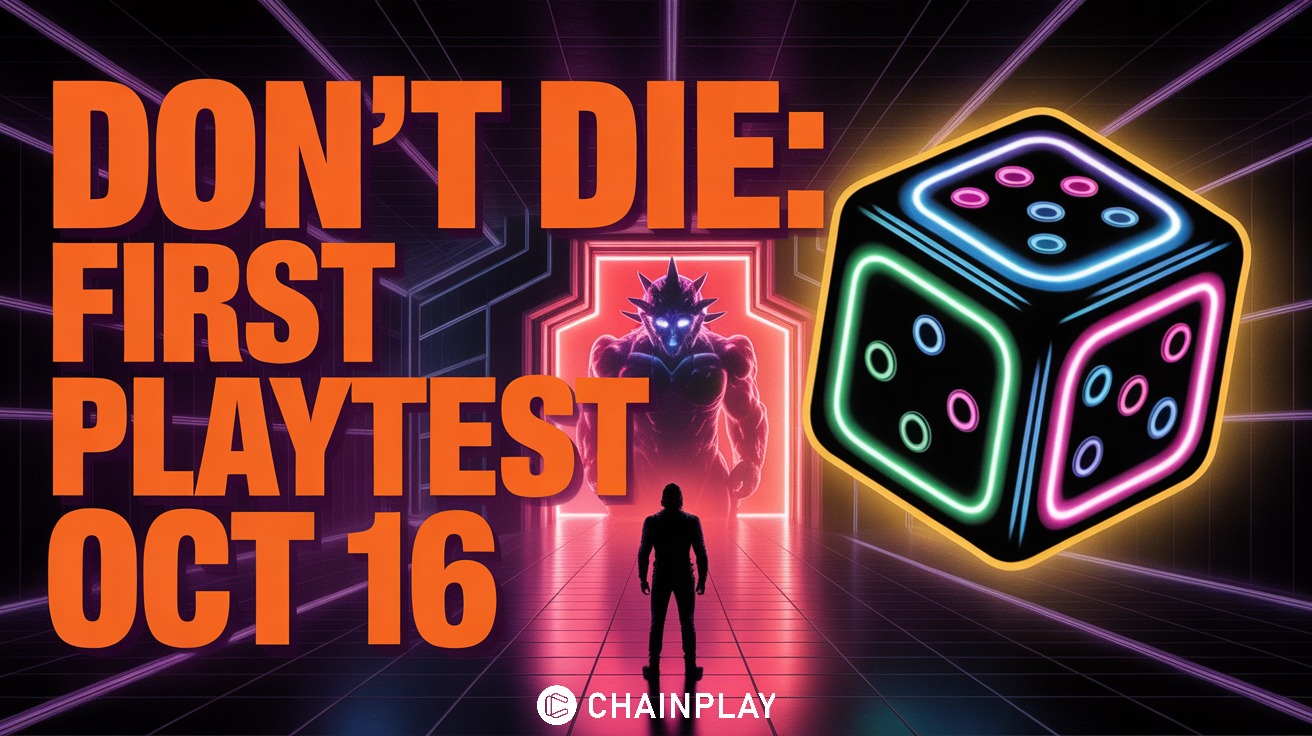
Don’t Die Game: First Blockchain Roguelike Playtest
13 hours ago
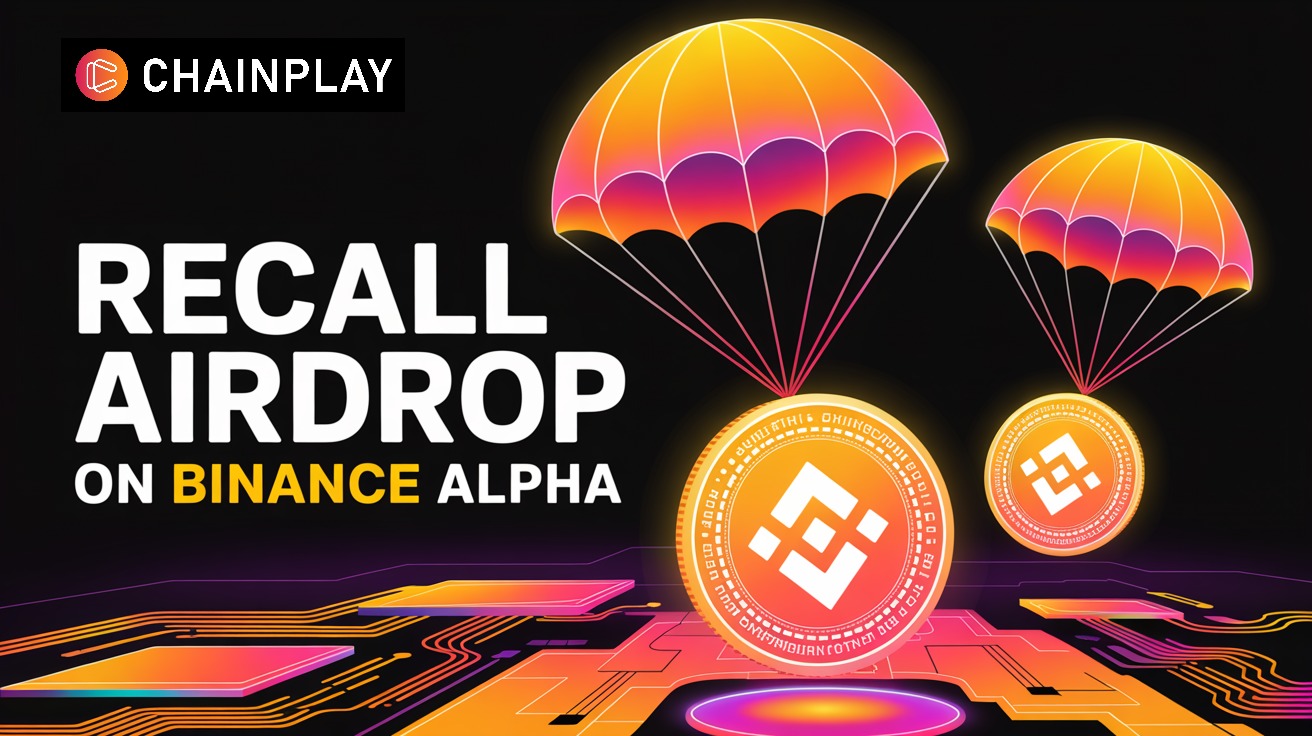
Binance Announces Alpha Launch and Exclusive Airdrop
15 hours ago
Related articles
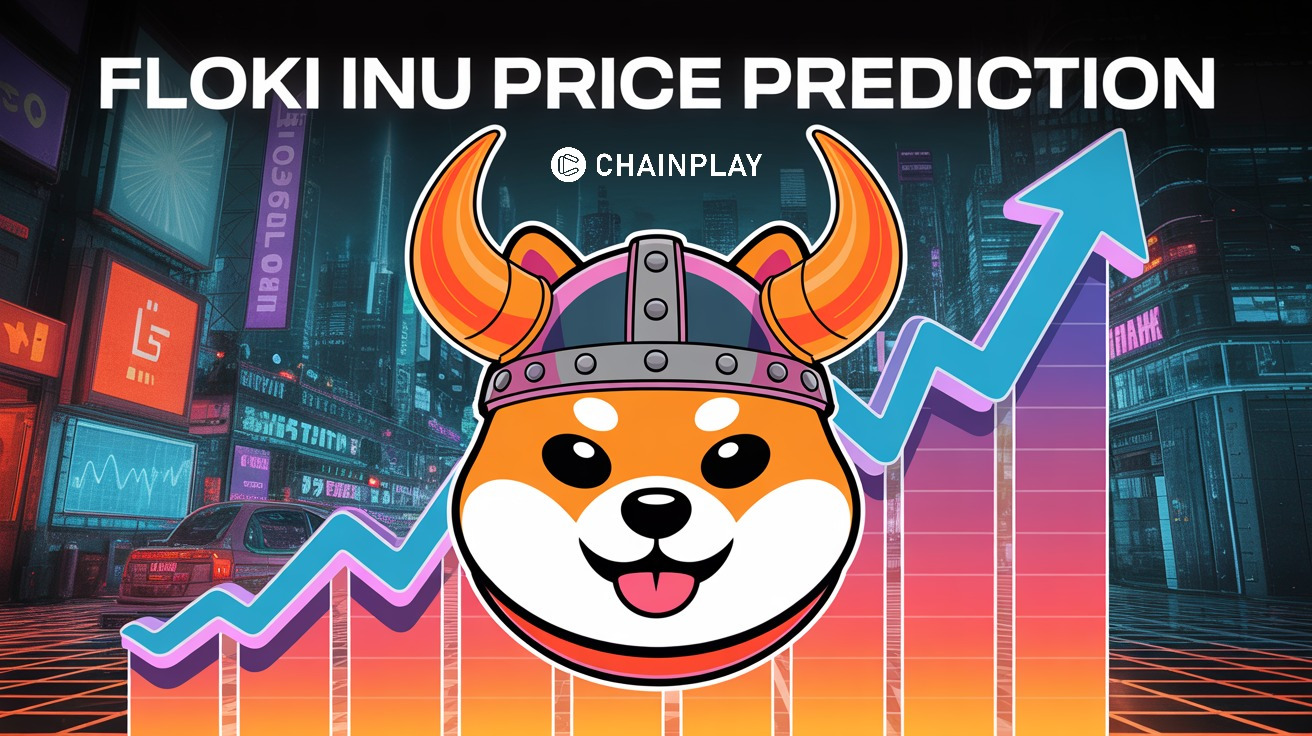
Explore Floki Inu (FLOKI) price predictions for 2025–2030. Get expert insights, analysis & forecasts. Read now to seize crypto opportunities!
ChainPlay
•
one month ago

Vietnam launches Resolution 05, opening a 5-year regulatory sandbox for crypto trading. With 20M+ crypto users and new legal framework, can Vietnam become Southeast Asia's blockchain hub?
ChainPlay
•
23 days ago
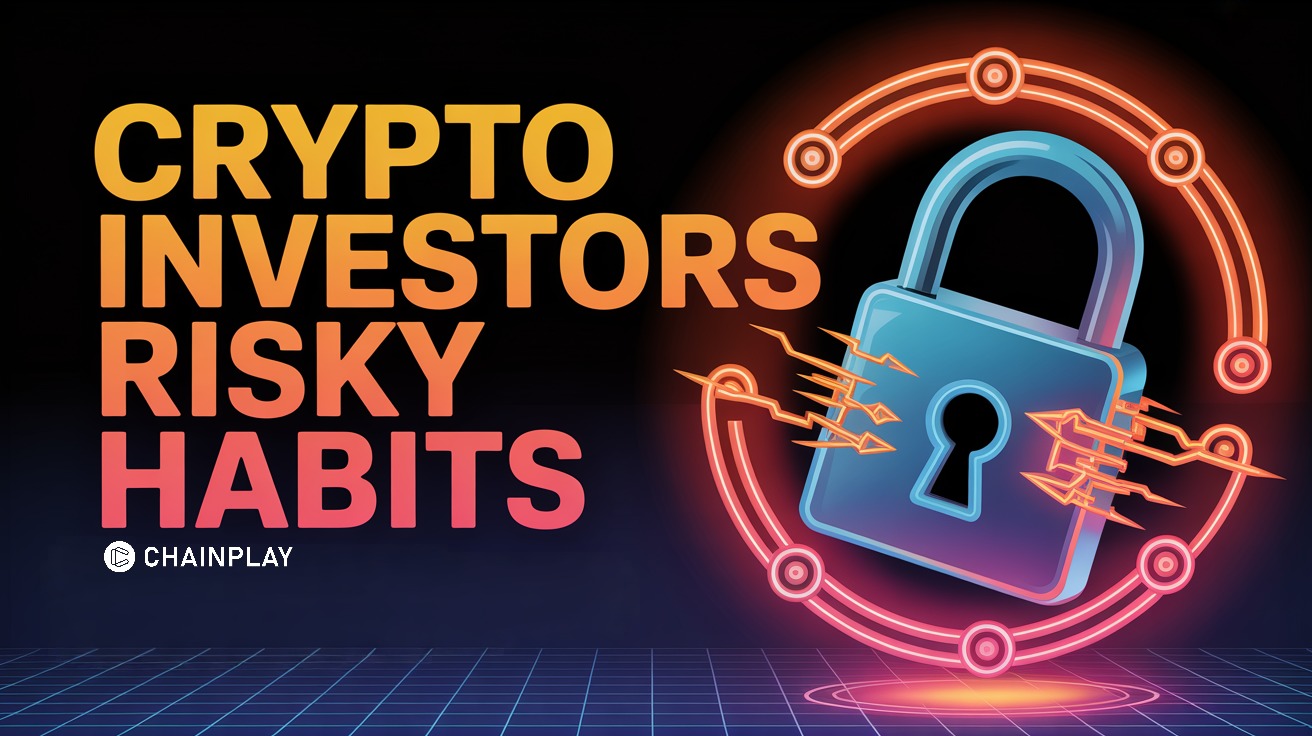
We surveyed over 1100 crypto investors to reveal just how widespread and persistent these risky behaviors are.
ChainPlay
•
20 days ago



